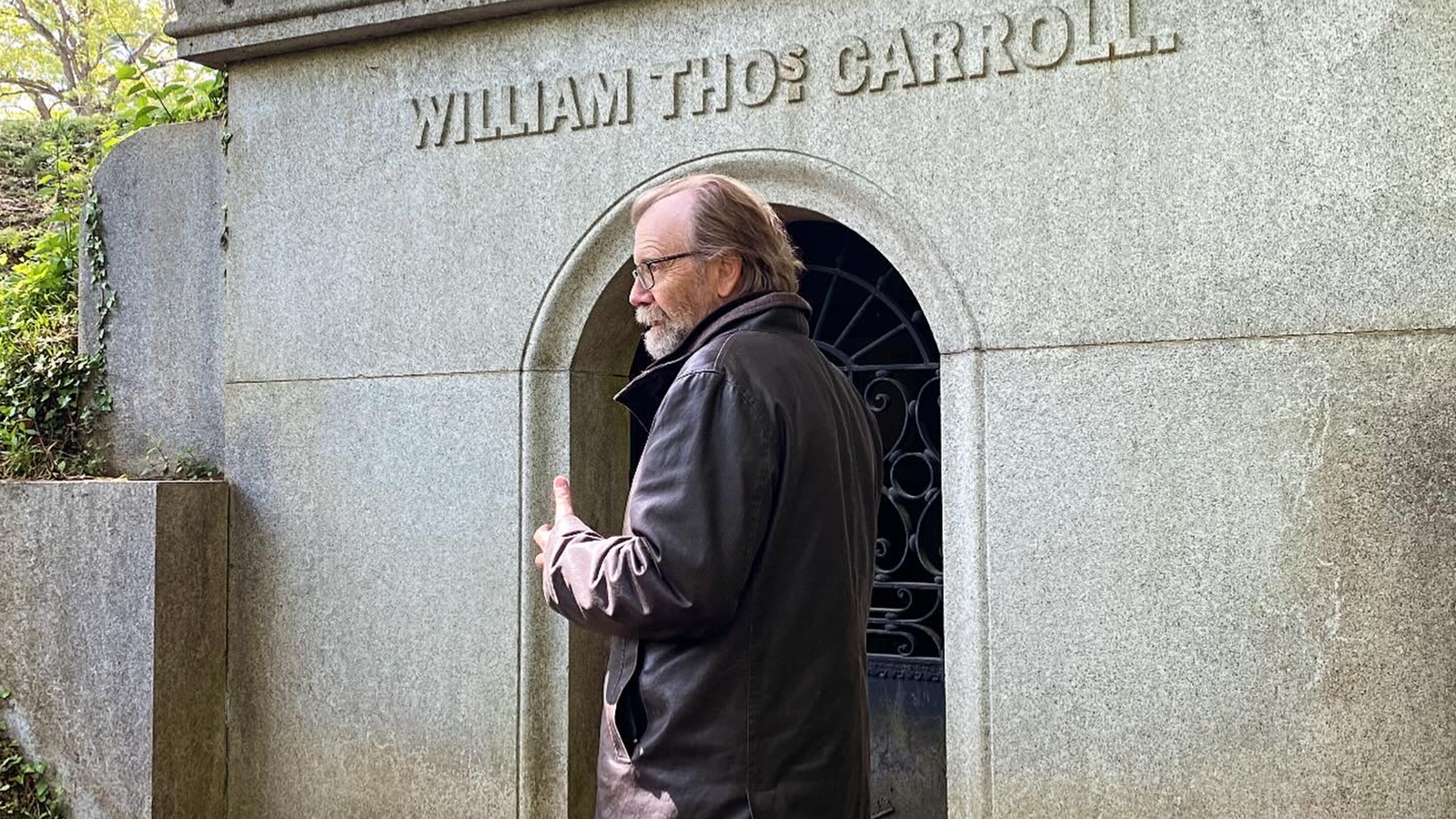Alan Murrin On Choosing To Write ‘The Coast Road’ From The Perspective Of Women
“In Ireland, people are obsessed with the good story well told,” says Alan Murrin, author of one of this summer’s most anticipated debuts, The Coast Road. It is a novel preoccupied with storytelling in its most insidious form: gossip.
Set in a small rural community in Donegal in 1994, the book follows the lives of two women – frustrated and spiky housewife Izzy Keaveney and enigmatic poet Colette Crowley – and the devastation that is wrought through the power of, as Murrin notes, “gossip which becomes truth”. “I wanted to draw attention to the self-conscious nature of the storytelling in that regard and how, if it’s a good story, people will happily propagate the lie,” he says.
The setting of The Coast Road is both viscerally realised and intensely purposeful. The claustrophobic nature of tight-knit communities is used as the perfect canvas on which to mount a shrewd observation of the knotted and hypocritical perceptions of women. Izzy is determined to befriend Collete, a woman relegated to the fringes of town because she left her husband and children for another man. Her mysterious return to town sees her fetishised and damned in equal measure, just as we see far more nefarious behaviour exhibited by the local men. “I saw her a bit like this dream of Mother Ireland,” Murrin muses. “She is both maternal and sexy, but marrying those two feels almost impossible.” All this is made even more powerful as it is set against the backdrop of a referendum to legalise divorce in Ireland [held in 1995]. It was signed into law the following year.
Murrin’s insight into the female experience is practically note-perfect. Yet, despite this, it may be construed as bold that he opted to write his debut novel from the perspective of two middle-aged women. “There are so many people’s experiences you can never embody as a writer,” he admits. “I can’t imagine what it’s like to be inside a person’s body, but I really felt that I knew these women inside out. When I was growing up in Ireland, I was surrounded by [women]: good storytellers, funny, dynamic, interesting and capable. They were the star of the show, and the men were largely useless and surplus to requirements.’
Murrin, who was shortlisted for the Peters Fraser Dunlop Queer Fiction Prize and longlisted for the Caledonia New Novel Award in 2022 when The Coast Road was still a work in progress, does indeed have near-faultless characterisation. He tells me – quite without bravado – that he views his creations as “real, independent beings who are out in the world with a life of their own” and you can’t help but agree with him. His world building is exquisite. To read The Coast Road is to tumble into county Donegal and spend time with Colette and Izzy, to feel the heat of the town’s censure and the frenetic fizz of its gossip mill. A large part of this is down to Murrin’s deft dialogue.
“There are many things that I find difficult about writing but dialogue is not one of them,” he says. “I find I can hear the voices in my head and so I act them out. There’s a great deal of acting that goes into this!”
Yet ultimately, of course, like any self-respecting Irishman, he just knows how to tell a good story.
The Coast Road by Alan Murrin is out now
Marie-Claire Chappet is a London-based arts and culture journalist and contributing editor at Harper’s Bazaar





